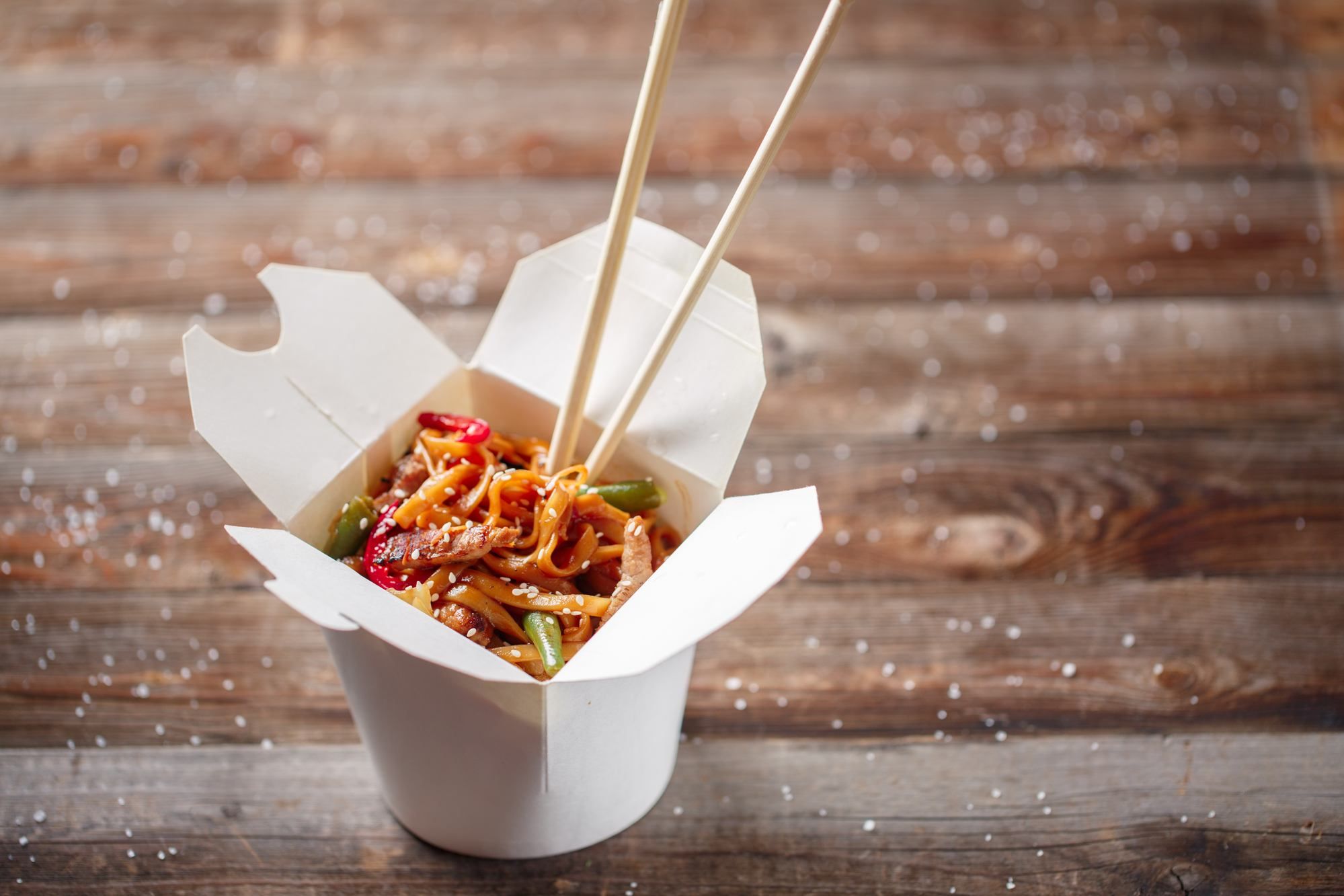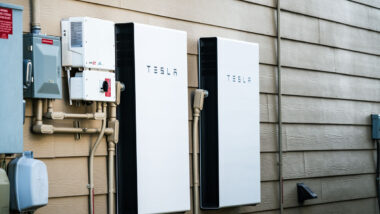Top Class Actions’s website and social media posts use affiliate links. If you make a purchase using such links, we may receive a commission, but it will not result in any additional charges to you. Please review our Affiliate Link Disclosure for more information.
Consumers may be paying hidden costs in the form of food delivery fees, putting unnecessary financial strain on their wallets.
What Are Restaurant Delivery Fees?
Delivery fees, including those seen with food delivery, can be thought of as a convenience fee. Consumers have the convenience of not having to leave their home in order to receive a delivery, but this translates to real costs for shipping and labor for businesses.
When it comes to food delivery, fees may help compensate drivers for their time and cover other costs associated with running a food delivery service. However, consumers may also be charged other fees. When all is said and done, the following food delivery fees could significantly increase the cost of a meal:
- Delivery fees: Fees that pay for a consumer having food delivered to their location.
- Service fees: Fees that compensate the business for providing the delivery service.
- Sales tax: Tax on the order’s subtotal, which may vary depending on state and local laws.
- Tips: Any additional gratuity a consumer wishes to provide for the driver. Companies have faced legal action in the past for allegedly withholding these tips from their drivers.
Many of these fees will vary depending on the company and other factors.
Are Food Delivery Fees Unlawful?
Although it is perfectly legal and even expected for restaurants and apps to charge food delivery fees, hiding undisclosed fees under the guise of legitimate fees may be unlawful.
Hidden fees can reportedly have a significant financial effect on consumers. According to The New York Times, delivery fees can increase the cost of food by up to 91%.
For example, when ordering directly from Panda Express, a family’s meal may cost $42. When ordering the exact same meal through delivery apps, consumers may be forced to pay much more. The highest markup seen in this example was from Uber Eats, which reportedly increases the cost of a $42 meal by 49% for a total of over $63.

For example, two six-inch turkey breast subs from Subway would cost a little over $13 when ordered directly from the sandwich chain. When ordered through a food delivery app, consumers could face markups of up to 91%. The smallest markup was seen with Grubhub, which increased the cost of the sandwiches by 25% to $16.46. The largest markup was seen with Uber Eats, with a 91% markup from $13.21 to $25.25.
Another investigation by Tech Crunch revealed consumers may pay a higher price for food delivery from Postmates in the Los Angeles, New York and San Francisco areas.
In comparison to the restaurant’s list price, Postmates consumers were reportedly forced to pay an additional 40.5% just by ordering through the delivery app. While still significant, the “best” markup of 17% was seen with a lesser-known service called Seamless. However, location also had an effect on markups, with Los Angeles seeing a much greater markup than New York.
These fees may be annoying, but they are not illegal unless they are undisclosed. If a business charges consumers hidden fees under the guise of food delivery fees, it may be in violation of consumer protection laws.
Unfortunately, Californians may have been charged hidden fees by restaurants such as Chipotle, Chick-Fil-A, Sweetgreen, Burger King, McDonald’s, Buffalo Wild Wings, Panda Express, Panera, Wendy’s and more or by food delivery apps such as DoorDash, Caviar, Postmates and Uber Eats.
Attorneys are interested in speaking to consumers who may have been affected by this issue. If they have an eligible legal claim, consumers may be able to take legal action and recover compensation for undisclosed food delivery fees.
ATTORNEY ADVERTISING
Top Class Actions is a Proud Member of the American Bar Association
LEGAL INFORMATION IS NOT LEGAL ADVICE
Top Class Actions Legal Statement
©2008 – 2024 Top Class Actions® LLC
Various Trademarks held by their respective owners
This website is not intended for viewing or usage by European Union citizens.
















25 thoughts onFood Delivery Fees: What You Need to Know
Add me my normal $9 meal from chick fill a was $21 and I noticed that they are charging a la carte but instead of the sandwich being $3 they are charging almost $6.
add me in
add me uber eats free are ridiculous and when they mess up your orders after several complaints you are screwed